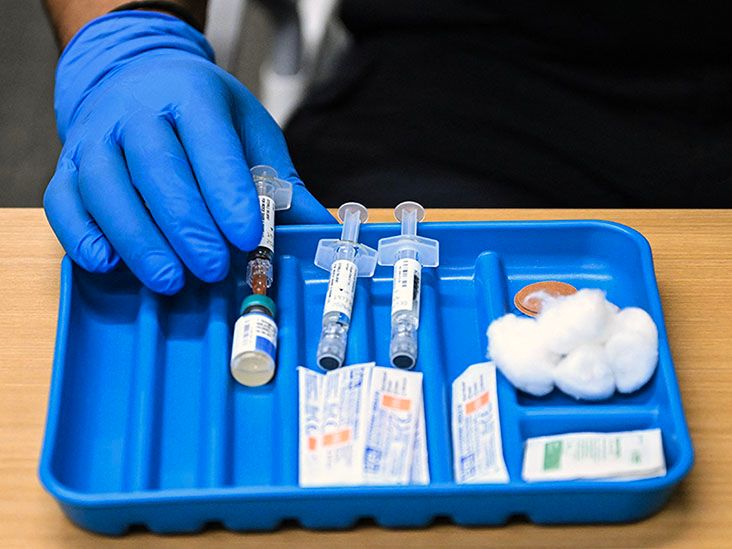A hernia can cause constipation. A hernia may lead to a partial or total blockage of the intestines, which can result in constipation. However, a total blockage requires immediate medical attention.
A hernia is an opening in the muscular wall of the abdominal area, which causes the inner contents of the abdomen to bulge outwards. Hernias usually occur in the abdomen or groin.
Hernias can affect parts of the intestines, which may impact the normal digestion process, resulting in constipation.
This article explores the link between hernias and constipation, and some treatment options.

A hernia can cause part of the intestines to protrude through the abdominal wall, affecting digestion and bowel movements.
Usually, the intestines allow digested food to pass from the stomach to the rectum. The intestines help to absorb nutrients the body needs and turn waste products into stool for the body to eliminate through bowel movements.
A hernia may cause a partial blockage in the intestines, impairing digestion. This can make bowel movements more difficult, and people may experience constipation.
People with an abdominal or ventral hernia may experience discomfort during bowel movements. An abdominal hernia causes a bulge in the outer abdomen, and any activity that strains the hernia can increase discomfort. People with an abdominal hernia may have constipation or thin, narrow stools.
In severe cases, a hernia may cause a complete blockage of the intestines. Doctors refer to this as an intestinal or bowel obstruction, and it is a medical emergency.
Constipation can be a sign of intestinal obstruction. Other symptoms include:
- severe abdominal pain or cramping
- inability to pass gas
- vomiting
- swelling or a feeling of fullness in the abdomen
- loud sounds coming from the abdomen
People will need to seek immediate medical help if they have any of these symptoms with a hernia.
Symptoms of constipation include:
- fewer than three bowel movements per week
- difficult bowel movements, which may feel painful
- bloating
- abdominal discomfort or pain
- feeling sluggish
- a feeling of incomplete bowel movements
- hard, dry, or lumpy stools
Constipation with a hernia can sometimes be a sign of a serious medical problem. It can be life threatening if part of the bowel pushes through the opening.
People will need to seek immediate medical attention if they have a hernia and constipation along with any of the following symptoms:
- painful bulge which does not reduce in size when lying down
- worsening pain
- nausea
- vomiting
- bloating
- increased heart rate
- fever
Medical treatment for constipation
- fiber supplements
- laxatives
- stool softeners
- osmotic agents, such as milk of magnesia
- lubricants, such as mineral oil
- stimulants, such as Dulcolax
- lubiprostone, which softens stools and increases fluid in the digestive tract to increase bowel movements
- linaclotide or plecanatide, which help to make bowel movements more regular
- prucalopride, which supports the colon in moving stools
People can also talk with a doctor if they think the medications or supplements they are taking may be causing constipation.
If a hernia is causing a partial blockage in the intestines that is resulting in constipation, doctors may recommend a temporary diet of fluids with no solid food. This can allow the digestive tract to rest while providing the body with essential nutrition.
Doctors may use a nasogastric (NG) tube to relieve pain and pressure from the intestines. This delivers nutrients to the body via a thin tube that travels through the nose and throat to the stomach.
Doctors may use surgery to repair a hernia when constipation or partial obstruction starts to occur. This may prevent an intestinal blockage and the serious complications it can cause.
A person may be able to prevent and treat mild constipation
A hernia can affect the intestines, which may cause a change in digestion and bowel movements. People may experience constipation or narrow, thin stools.
In severe cases, constipation with a hernia may indicate intestinal obstruction. If people have constipation with abdominal pain, nausea, vomiting, or inability to pass gas, they should seek immediate medical attention.


